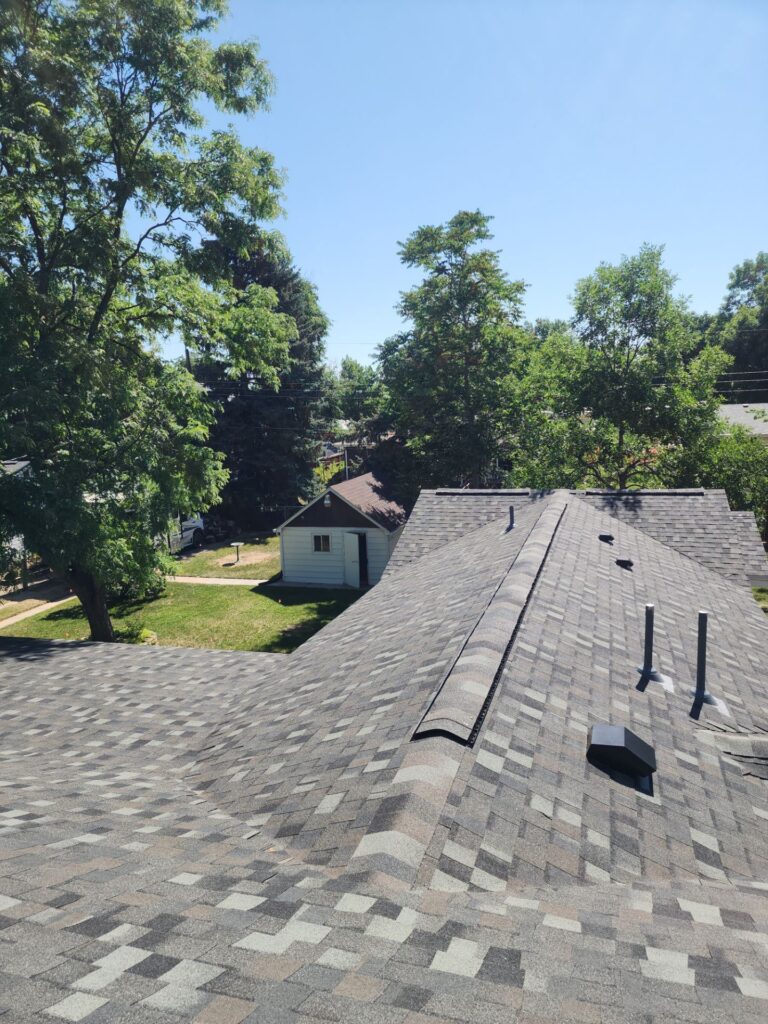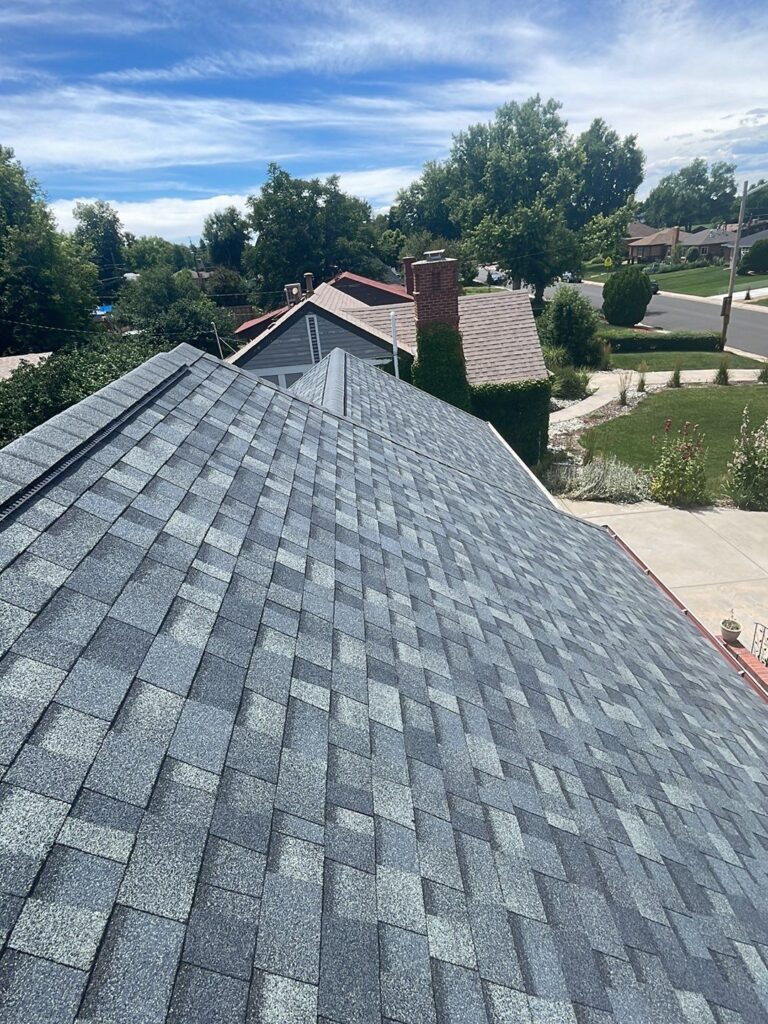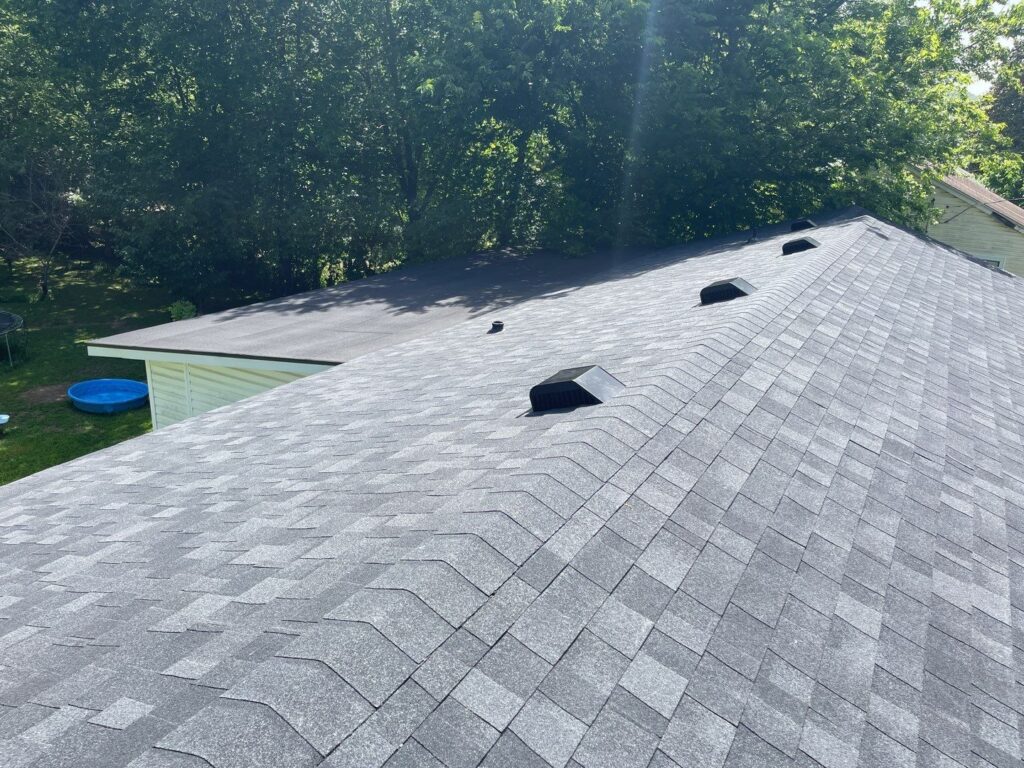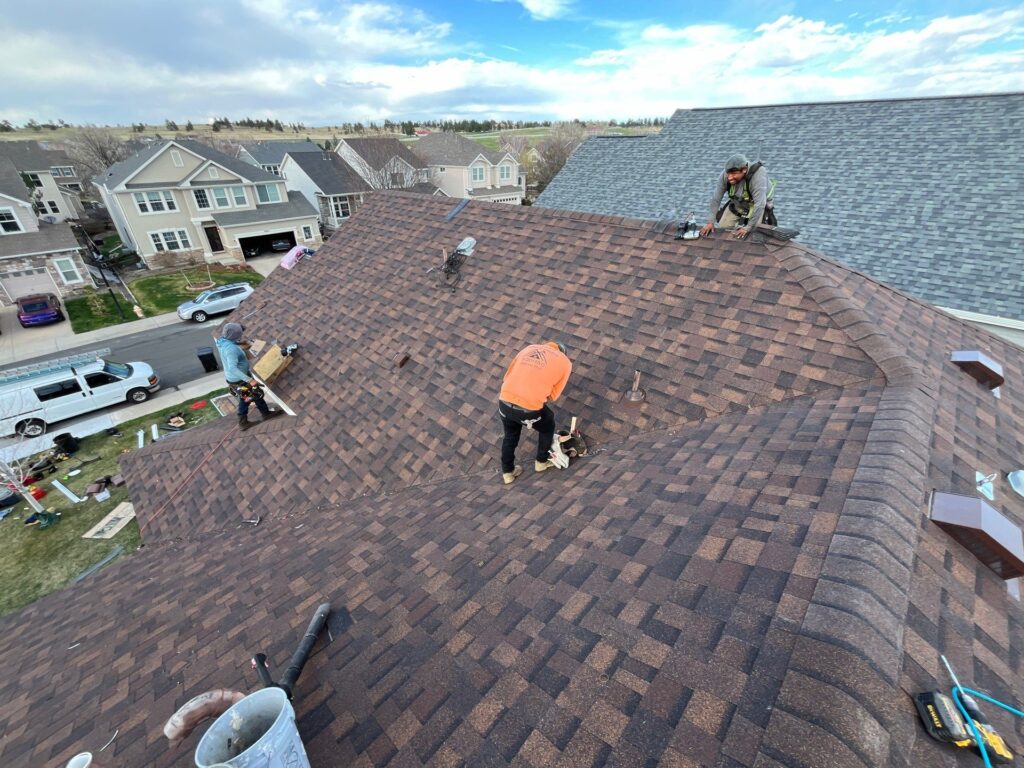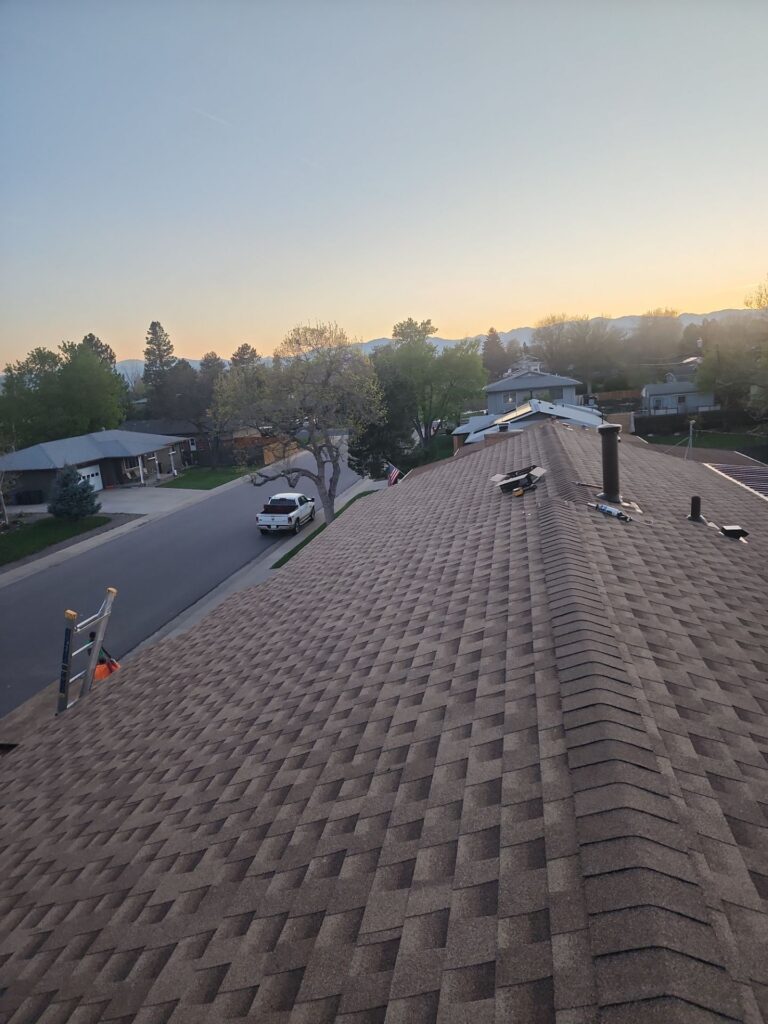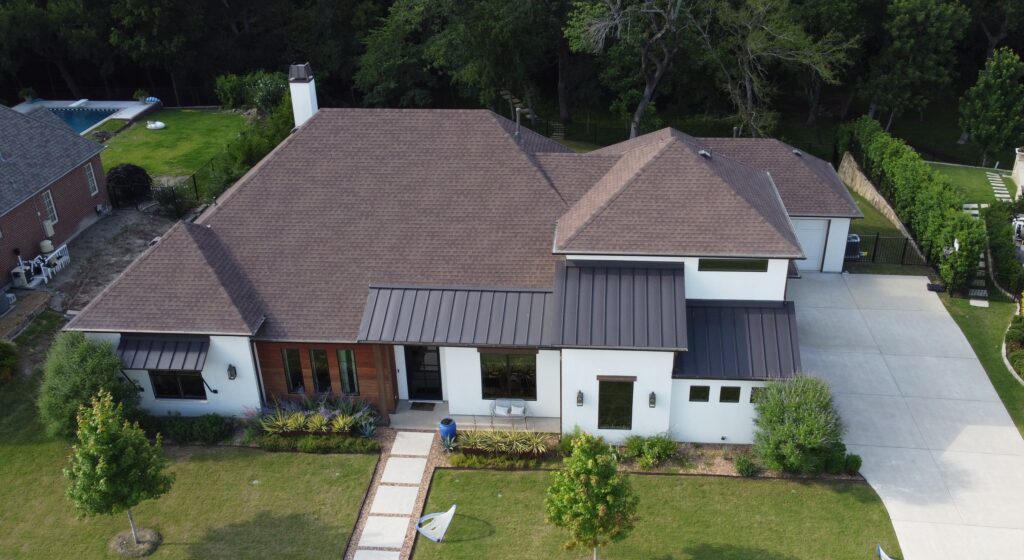Comprehensive Roofing Solutions for Residential and Commercial Properties in Denver
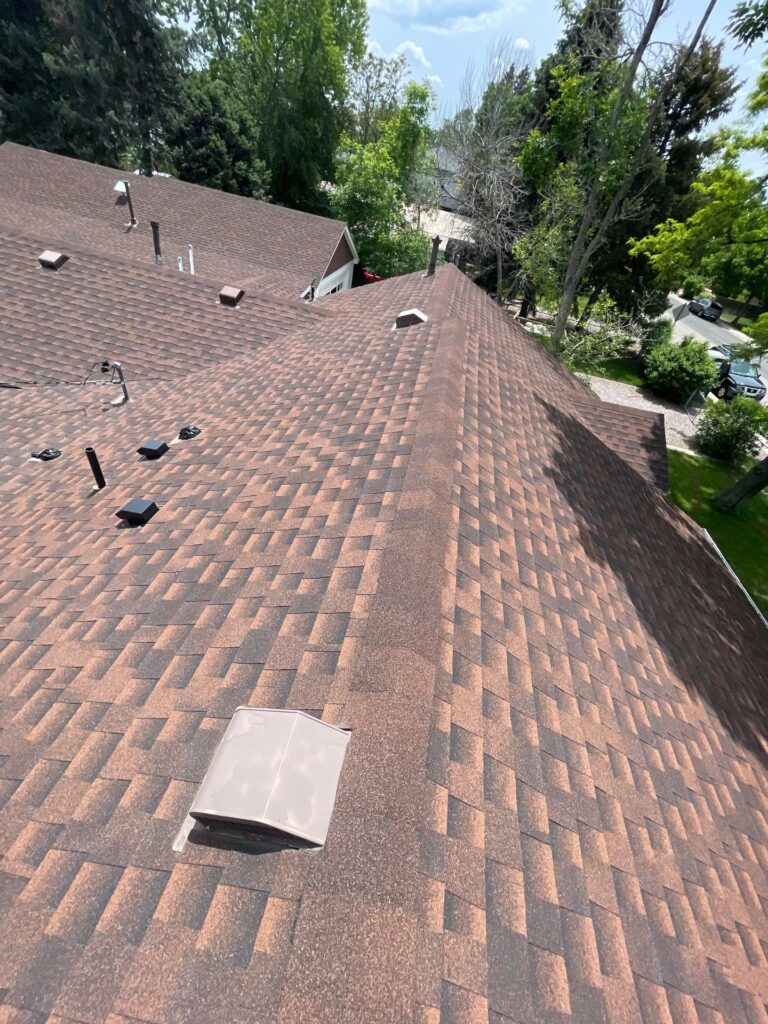
Denver’s climate, marked by heavy snowfalls and frequent hailstorms, presents unique challenges for residential and commercial property owners. Reliable roofing services are not just beneficial—they’re essential for preserving property value and protecting what lies beneath. Below, we explore the full spectrum of roofing solutions that ensure long-lasting protection and aesthetic appeal for Denver-area homes and businesses
Residential Roof Repairs Tailored for Denver’s Weather Extremes
A damaged roof doesn’t always mean a full replacement is necessary. Timely repairs can often restore integrity and prolong the lifespan of your roof. From hail dents to minor leaks, expert roof repairs in Denver address localized problems before they evolve into major structural issues. Professional teams assess shingle integrity, flashing performance, and underlayment conditions to provide targeted solutions that resist future damage.
High-Quality Roof Replacement for Homes and Businesses
When repairs are no longer sufficient due to age or severe damage, a complete roof replacement becomes the only logical step. A high-performance replacement not only restores structural security but also improves energy efficiency and curb appeal. Roofing companies in Denver Colorado must operate with both speed and precision, often completing residential or commercial replacements within a few days. Choosing a reliable roofing company in Denver CO ensures minimal disruption and lasting results.
Hail Damage Roofing Services Built for Rapid Response
Hailstorms can destroy shingles, expose insulation, and weaken the overall roof structure. Timely response is critical to prevent water infiltration and interior damage. A professional roofer in Denver will quickly assess the severity of the impact and take corrective action—ranging from shingle replacement to underlayment repair. Insurance coordination and damage documentation are often included to streamline recovery.
Integrated Exterior Solutions Including Energy-Efficient Windows
Modern roofing isn’t just about shingles and flashing—it extends to the entire building envelope. Inconsistent indoor temperatures and rising energy costs may stem from inadequate insulation or drafty windows. Incorporating energy-efficient window installations alongside roof repairs can drastically improve thermal regulation. Leading roofing contractors in Denver often bundle these services to provide a comprehensive upgrade that pays off in both comfort and utility savings.
Why Trust Local Roofing Experts in Denver
Working with a locally rooted company offers several benefits: faster response times, familiarity with city code requirements, and deep understanding of climate-specific challenges. Whether managing post-storm restorations or planning preventive maintenance, local expertise is invaluable. One trusted name is Tried and True Roofing, known across Denver, Colorado for delivering dependable service grounded in craftsmanship and customer-first values.
ConclusionProtecting your property starts at the top. With tailored services ranging from emergency hail damage repair to full-scale commercial roof replacements, Denver homeowners and business operators have access to every solution they need under one roof. For premium results and peace of mind, partner with a reputable Denver roofing company that understands both the demands of the environment and the expectations of the client.
Comprehensive Roofing Solutions for Residential and Commercial Properties in Denver Read More »


